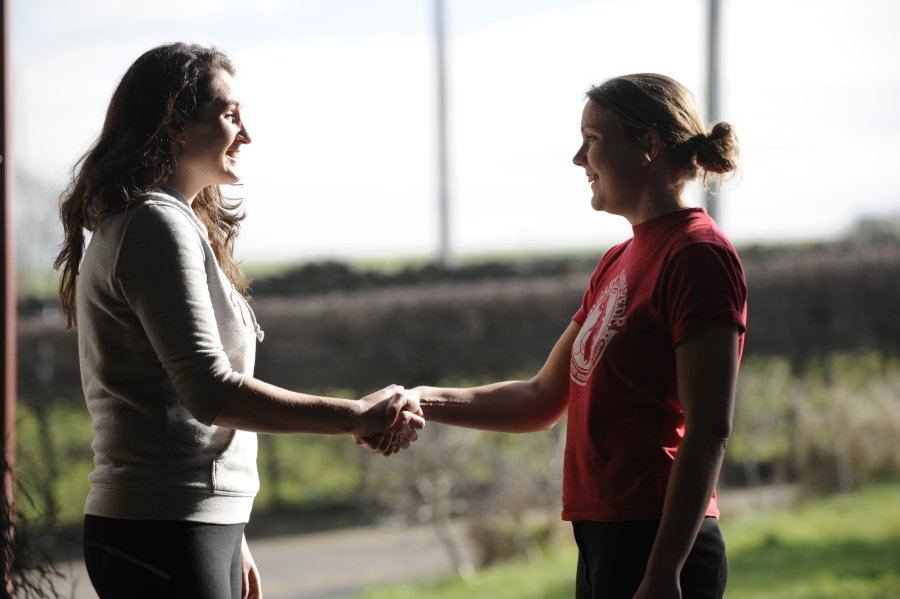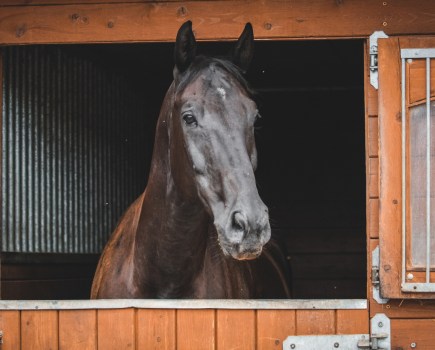Want to share a horse but not sure where to start? Take a look at our tips to make sure your agreement is a success.
1. Decide what you want
If you’re keen to find a sharer for your horse, first think about what you most want – help or cash, and be realistic.
When writing your advert, consider the level of competence your horse requires to keep everyone safe, and be honest about his abilities and quirks.
2. Ask lots of questions
When vetting sharer applicants, have a detailed chat over the phone and invite likely prospects to meet your horse – assess how they handle him on the grounds as well as in the saddle.
Chat with their instructor for an objective take on their abilities.
3. Make it official
When you’ve found the perfect match, draw up, sign and date a sharers contract, listing all the details of your agreement, including any set days/times your sharer has responsibility for your horse as well as any activities you don’t want him used for.
Include a suitable notice period, just in case things don’t work out.
4. Prepare then step back
Make sure your new sharer knows where everything is, explain yard rules and swap full contact details.
Your vetting process should give you confidence they’re capable of caring for your horse, so remind them you’re always there if they have questions, then leave them to it.
5. Assess your availability
If you’re looking for a share horse, decide how much time you can realistically offer – helping out a friend or at your riding school a few times a week will help you work this out.
Some owners will want regular help but others will be more flexible.
6. Speak up
When you meet owners, be honest about your riding ability, availability and experience, but don’t do yourself down!
Also, don’t be afraid to ask questions – remember any arrangement has to be right for you too.
How to keep your horse safe on loan
If you’ve decided to loan your horse out, get peace of mind by following this advice from Rebecca Evans, chief executive of equine rehoming charity Horses4Homes
Vet your loaner carefully
Loaning means you retain legal control over your horse, but to protect his welfare you must make sure your loaner is competent enough to ride him and has the commitment and resources to care for him properly.
Ask for references from their vet, farrier or instructor.
Get things in writing
A loan agreement outlining the responsibilities of both parties is crucial to avoid disputes over ownership and costs relating to your horse – for example, many people wrongly believe the owner, not the loaner, is responsible for the cost of veterinary treatment.
Visit where he’ll live
Before your horse goes anywhere, visit and agree on where he’ll be kept and put this in your loan agreement.
Schedule regular visits so you can be sure he’s in good condition and its only being ridden by approved people for activities you’ve consented to.
Be prepared
Make sure you have a plan in mind should your loaner need to return your horse for any reason – many people find they aren’t in a position to take him back if this happens, leaving them in a difficult fix.










